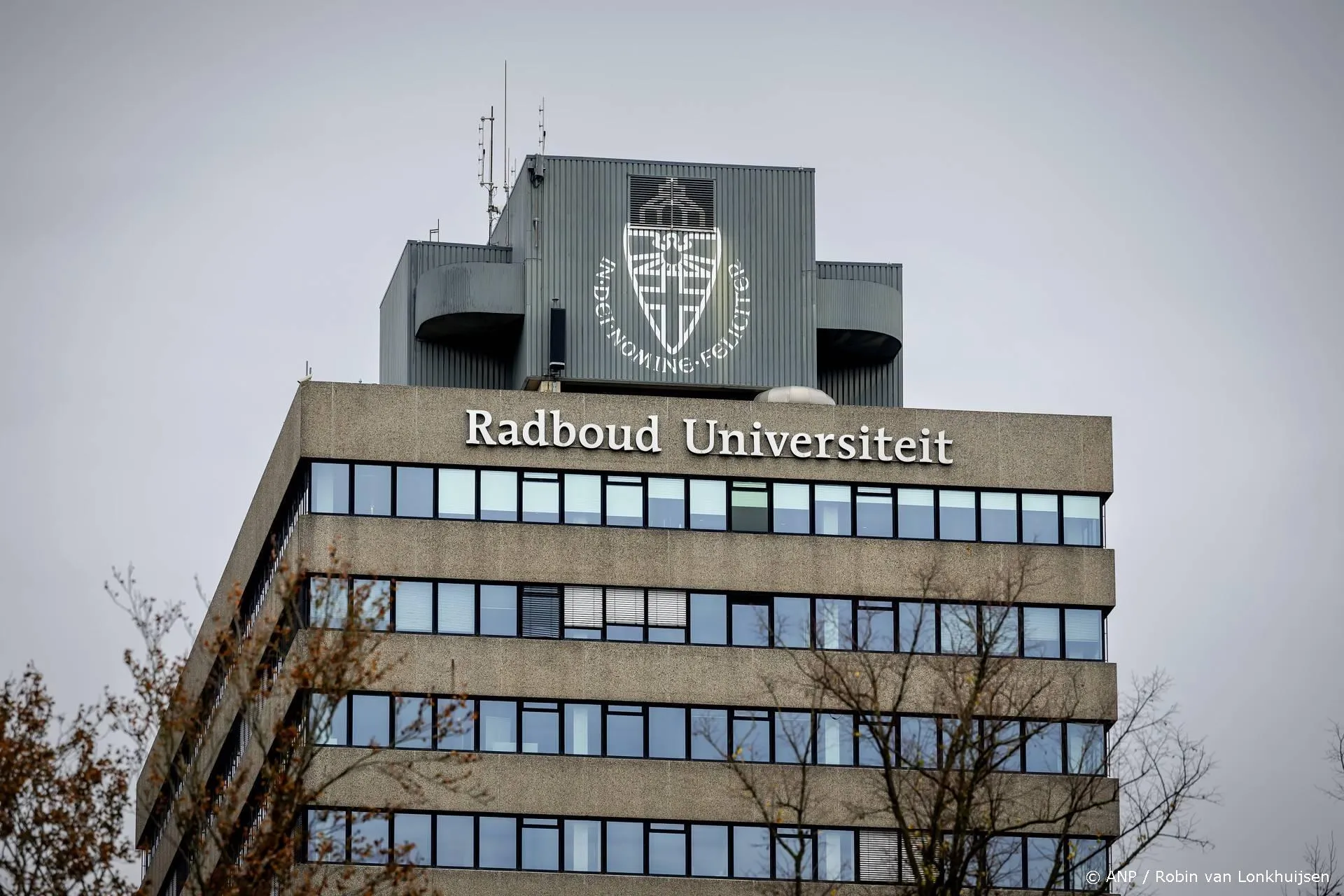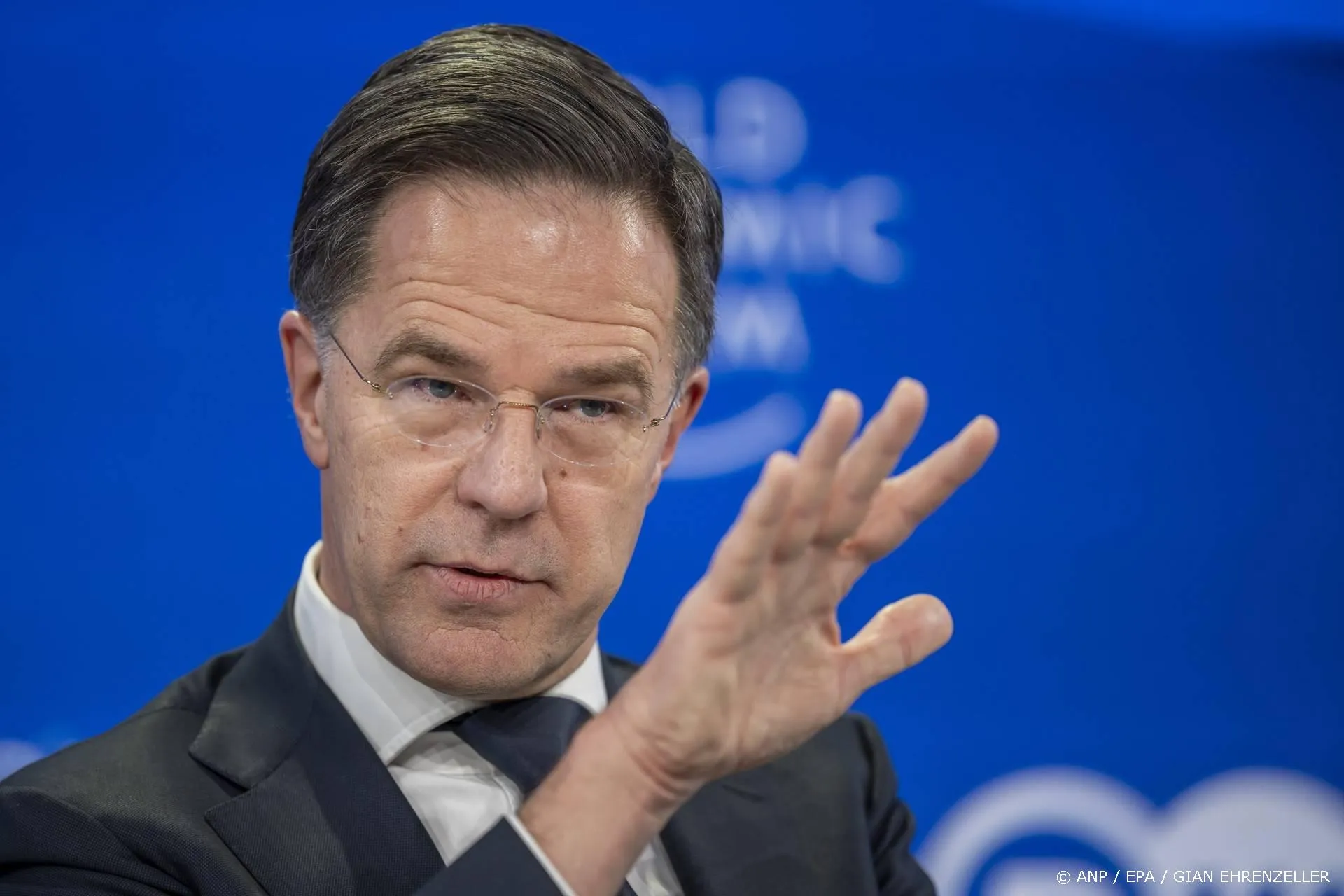Belgische wetenschappers beklagen zich over eenzijdige klimaatberichtgeving media
Maar is het in Nederland zo veel beter?
Eerder signaleerde ik een kanteling van het klimaatdebat, nadat een aantal kwaliteitsbladen in verschillende Europese landen voor het eerst sinds vele jaren kritiek publiceerden op het dominante klimaatparadigma: AGW ('Anthropogenic Global Warming'). Daar is nu een uitstekend interview met Thomas Stocker in de Zwitserse 'Weltwoche' bij gekomen. Stocker is leidend auteur van de belangrijkste werkgroep van het VN-Klimaatpanel (IPCC), die verantwoordelijk is voor de wetenschappelijke basis. Het interview is hieronder als PDF bijgevoegd.
Maar in België en Frankrijk is het nog niet zo ver om van Nederland nog maar te zwijgen.
Onder de titel, 'Double Standards in Climate Change', beklagen vier Belgische wetenschappers zich over de eenzijdige klimaatberichtgeving in de Belgische en Franse media. Het zijn: István E. Markó, Alain Préat, Henri Masson en Samuel Furfari. Zij hebben onlangs hun opvattingen uiteengezet voor de Koninklijke Akademie voor Wetenschappen in Brussel. Maar geen enkel persorgaan heeft daaraan aandacht geschonken. Kritische opvattingen over de rol van de mens bij klimaatverandering zijn kennelijk nog taboe in België en Frankrijk.
Onlangs schreven zij een gezamenlijk artikel over hun bezwaren tegen de opvattingen van de mainstream klimatologie. Ik pik er een aantal elementen uit.
The conference on climate change held in Doha (Qatar) last December ended in failure once again. However, the news reported in the media about this 18th conference on climate change were fully in line with the well-rehearsed mantra: the Earth is warming up, human emissions of greenhouse gases are mainly to blame for this warming up, and we are approaching disaster. We have only one climate, but communication about it seems to be plagued by double standards.
For a few years now British, American, Italian or German media have given sceptical scientists the opportunity to express their opinions on the validity of the statements released by the Intergovernmental Panel on Climate Change (IPCC), the organisation responsible for the official line of thought on climate matters. Nothing like that has been seen in the French or Belgian media which persist in portraying scientific sceptics, at best as sold out to the oil lobbies, at worst as troubled individuals, greedy for public recognition and fame and as such not worthy to be proponents in a serious debate.
The authors of this contribution were recently been granted the honour of presenting their point of view as climate sceptics at the Royal Academy of Belgium. During a series of six well-attended lectures we showed, among other things, that:
1.The climate has always changed. This was true during ancient times and it has also been true since the beginning of the modern era. These climate changes have always been, and still are, independent of the concentration of CO2 in the atmosphere;
2.During Roman times and the Middle Ages temperatures were observed well in excess of those currently experienced.
3.The so-called abnormally rapid increase in global temperatures between 1980 and 2000 is not unusual at all. There have in fact been several such periods in the past, during which temperatures rose in a similar manner and at comparable rates, even though fossil fuels were not yet in use;
4.Temperature measurements do not necessarily correlate with a building up or a decrease in heat since heat variations are energy changes subject to thermal inertia. .
5.The famous Hockey-stick curve, known as the Manns curve and presented six times by the IPCC in its penultimate report, is the result among other things of a mistake in the statistical calculations and an incorrect choice of temperature indicators, i.e. proxies.
6.Even though they look formidably complex, the theoretical models employed by the climate modellers are simplified to the extreme. The climate system is extremely complex, containing not only chaotic components but also numerous positive and negative feedback loops operating according to various different time scales. Which is why the IPCC wrote in its reports that: long-term prediction of future climate states is not possible (page 774, Third report).
7.The relationship between CO2 and temperature, obtained from the Vostok ice cores, shows that a building up of CO2 occurs 800 to 1000 years after an increase in temperature is observed. ...
8.But the coup de grâce to the warmists theory certainly not yet visible in the French and Belgian media comes from the observation that for the past fifteen years or so the global temperature of the Earth has remained constant. ...
9.The claim that Hurricane Sandy is due to human CO2 emissions is totally unfounded and has been vigorously contested by numerous meteorologists. .
10.Finally the abnormal melting of the Arctic Sea ice, that made the headlines of numerous journals during this summer, was also observed during previous decades.
These ten statements are facts. We would be ready to accept that they could be wrong, if evidence were presented to scientifically disprove them. In the meantime, and in view of the lack of coherence and unreliability associated with the numerous predictions made by the IPCC, it is time to set the record straight. The public and politicians must be informed about the hypothetical character of the predominant consensus on climate change, which has been uncritically disseminated in the media for more than ten years. If it ever existed, this socalled climate change consensus has now been totally undermined by the facts.
Lees verder hier.
De eenzijdige mediaberichtgeving over klimaat blijft een van de wonderlijkste fenomenen van deze tijd.
Voor mijn eerdere DDS-bijdragen, zie hier.
Ga verder met lezen
Dit vind je misschien ook leuk
Laat mensen jouw mening weten
Lees ook
Loading


